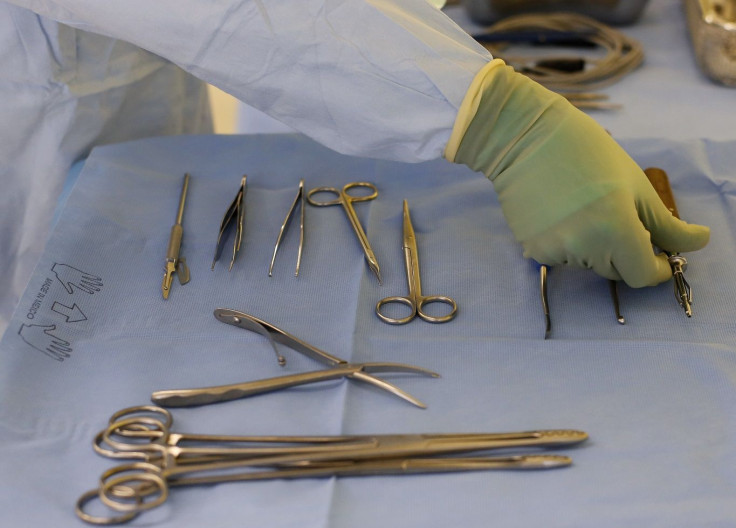Germany's killer nurse accused of murdering another 97 patients with lethal injections

A German man is currently serving a life sentence for killing two patients. He is now being accused of murdering another 97 people with lethal injections.
Public prosecutors on Monday said they brought new charges against the former nurse who could possibly turn out to be among Germany's deadliest serial killers since World War II. The man has been identified as “Niels H.”
Niels H has admitted to injecting patients with lethal drugs at two clinics in northern Germany. His reported intent was to play the hero by reviving them.
An investigation and toxicology reports showed that the former nurse also provided 35 people at a clinic in Oldenburg and 62 at one in Delmenhorst with life-threatening medicines, the Associated Press reports. Some of the people who died under the former nurse’s watch were cremated.
Prosecutors in the northern German city of Oldenburg said the nurse was aware the drugs could cause ailments such as ventricular fibrillation, hypotension and possible cardiac arrhythmia. Ajmaline, lidocaine and calcium chloride were said to be the man’s choices of drug.
"From the prosecutorial point of view, the accused Niels H accepted, at least tacitly, in all cases the death of the patients due to the effects of the drugs," a statement from the prosecutors read, according to US News. The scope of the crimes came to light in testimony at Niels H’s 2015 trial.
It was believed he murdered his first victim in early 2000 during a job at a clinic in Oldenburg, close to the Dutch border. He worked there from 1999 to 2002. The police said he moved to a hospital in Delmenhorst after he killed almost 40 other people. He relocated near the northwestern city of Bremen in 2003.
Niels H has said he was “honestly sorry” for the deaths. In 2015, he said he hoped his conviction would bring peace to his victims' loved ones. An Oldenburg court sentenced him to life in prison in the same year.
Officials at the medical facilities where Niels H worked for were also blamed for the incidents. Authorities argue that they could have moved faster to prevent deaths. Johann Kühme, head of police in Oldenburg, believed the deaths could have been prevented. “People at the clinic in Oldenburg knew of the abnormalities,” The Washington Post quotes Kühme as saying. Niels H was able to move from one hospital to another with a spotless record.





















